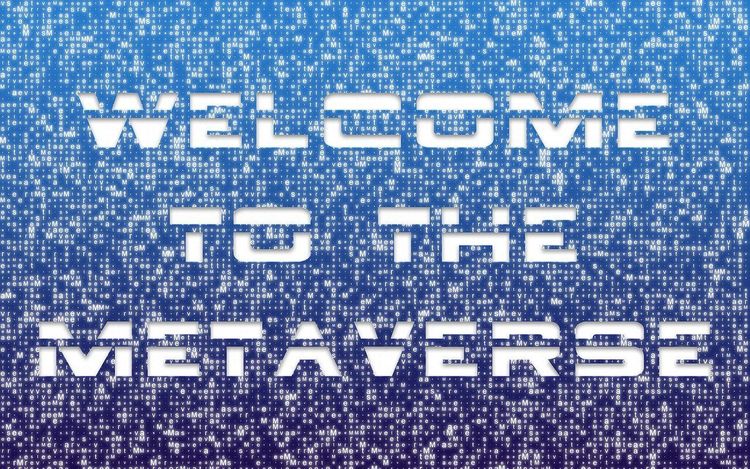‘Luma's Dream Machine Launch: "We Don’t Need Sora Anymore" – New AI Video Generator Experiences Traffic Surge’
Most people like

Discover the ultimate all-in-one platform designed for effective real estate lead generation and marketing. Unlock your potential with tools that streamline your efforts and maximize your outreach in the competitive real estate market.

Casetext has created an advanced AI legal assistant designed specifically for legal professionals. This innovative tool streamlines legal research and enhances efficiency, empowering attorneys to deliver better outcomes for their clients.

Introducing an innovative AI tool designed to automate the creation and posting of short videos effortlessly. This powerful software streamlines the entire process, allowing users to produce engaging video content quickly and efficiently. With its user-friendly interface, it transforms your ideas into captivating videos in no time, making it an essential resource for content creators and marketers alike. Enhance your online presence and boost your engagement with this cutting-edge solution for short video automation.
Find AI tools in YBX




